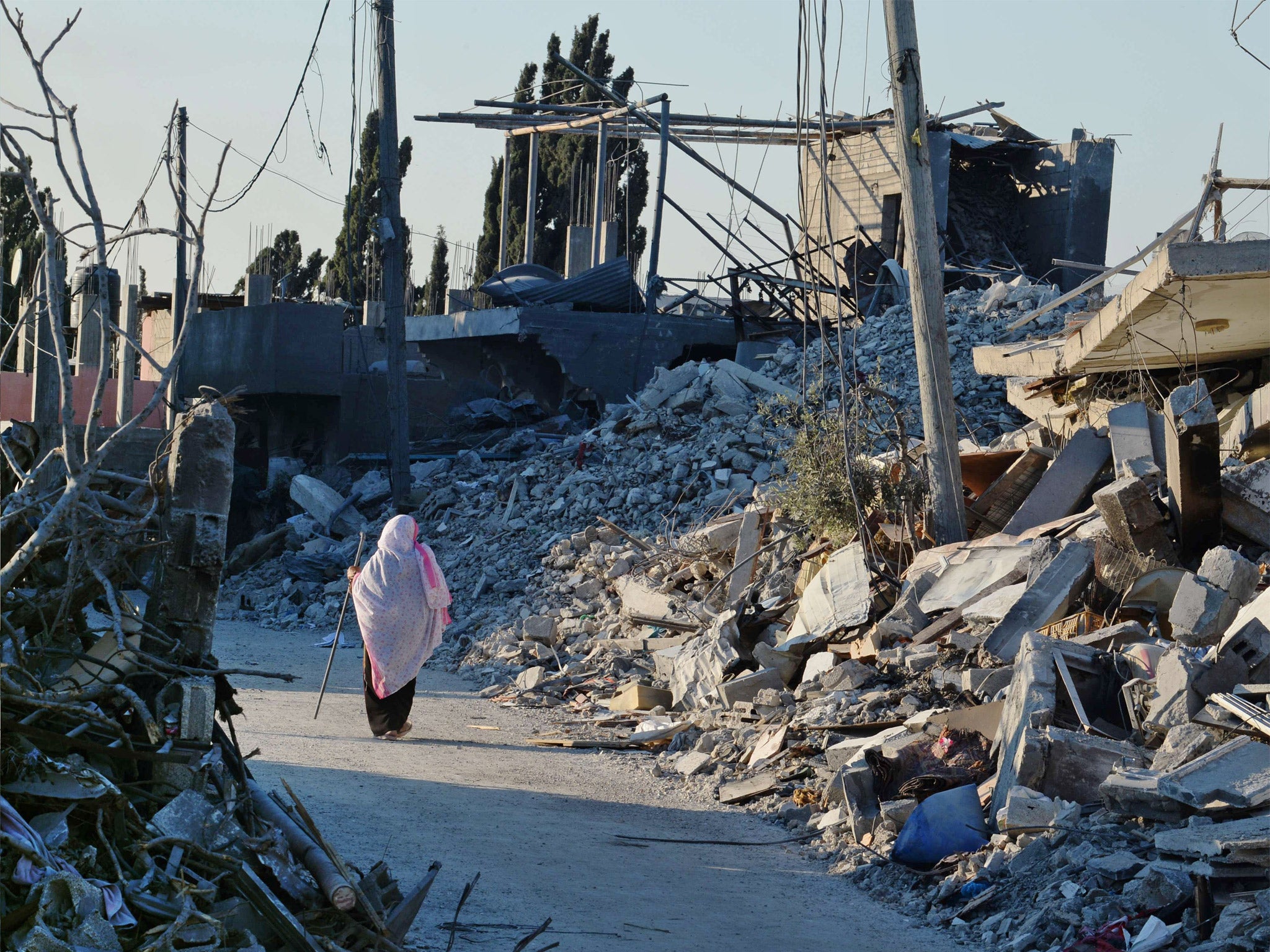Israel-Gaza conflict: Sale of military equipment to Israel linked to success of peace talks, claims Vince Cable
The Government will suspend 12 licences if there is a resumption of fighting

Your support helps us to tell the story
From reproductive rights to climate change to Big Tech, The Independent is on the ground when the story is developing. Whether it's investigating the financials of Elon Musk's pro-Trump PAC or producing our latest documentary, 'The A Word', which shines a light on the American women fighting for reproductive rights, we know how important it is to parse out the facts from the messaging.
At such a critical moment in US history, we need reporters on the ground. Your donation allows us to keep sending journalists to speak to both sides of the story.
The Independent is trusted by Americans across the entire political spectrum. And unlike many other quality news outlets, we choose not to lock Americans out of our reporting and analysis with paywalls. We believe quality journalism should be available to everyone, paid for by those who can afford it.
Your support makes all the difference.The British government will suspend the sale of some military equipment to Israel if the ceasefire in Gaza is broken.
The Government identified 12 licences for components which could be part of equipment used by Israel in its attacks on Gaza. As it would be difficult to clarify Israel’s use of the components, the Government will suspend the 12 licences if there is a resumption of fighting.
Vince Cable, the Business Secretary, said: “We welcome the current ceasefire in Gaza and hope that it will lead to a peaceful resolution. However the UK Government has not been able to clarify if the export licence criteria are being met. In light of that uncertainty we have taken the decision to suspend these existing export licences in the event of a resumption of significant hostilities. No new licences for military equipment have been issued for use by the Israeli Defence Force during the review period and as a precautionary measure this approach will continue until hostilities cease.”
The ceasefire appeared to hold although Israel warned that agreement is uncertain.
“Operation Protective Edge is not over yet and it is not clear whether until Wednesday at midnight we will reach [agreement] with Hamas,” defence minister Moshe Yaalon was quoted by Israel Radio as saying. “It is possible the fire will erupt again.”
Reuters reported from Cairo that Hamas leader Musa Abu Marzouk described the talks brokered by Egypt as “difficult,” a view that was echoed by Khaled Batsh, the leader of the Hamas-allied Islamic Jihad group.
In Gaza and southern Israel, a 72 hour truce to enable the negotiations towards a lasting ceasefire held for the second straight day. But it was set to expire at midnight Wednesday unless it is extended.
For agreement to be reached, each side will have to give up its plans of vanquishing the other at the negotiations table so as to claim a clear victory in the month old war, which left 1,938 Gazans and 67 Israelis dead and destroyed thousands of homes in the Strip. Most of the fatalities in Gaza were civilians. Hamas rocket attacks caused few casualties due to an aerial defence system, but disrupted life in much of Israel.
Hamas demanded the complete lifting of Israeli and Egyptian border strictures that cripple the Gaza economy and approval for a sea port and airport to link the coastal enclave to the outside world. Israel had demanded the disarming of Hamas and other militant groups.
According to the Israeli news agency Ynet, Israel has essentially dropped the latter demand and it has agreed to double the number of trucks entering Gaza, extend the coastal area in which the Strip's fishermen can work and to allow some 40,000 Hamas government employees to be paid via a third party. Even though this would appear to leave Israel's overall system of strictures in place, the reported concessions were criticized by the Jewish Home party, a far right coalition partner. “The money will be passed on to terrorists who dig [tunnels] underneath us, to missile producers and to those who shoot at us,” said Jewish Home leader Naftali Bennet. “This is a type of quiet in exchange for terrorism money and will leave Israel facing a Hamas that grows stronger.”
Meanwhile, Israel sought to launch a pre-emptive strike against an impending UN probe of the actions of its military during the Gaza fighting, saying its chairman is biased against the Jewish state and that its findings “have already been written”. Reacting to news that William Schabas, a Canadian professor of international law, has been appointed by the UN human rights council to head the inquiry, foreign ministry official Paul Hirschson said “the odds are we won't be cooperating with the inquiry. Its credibility is low.”
Mr Schabas has called in the past for Prime Minister Benjamin Netanyahu and former president Shimon Peres to face trial at the International Criminal Court. He also praised the Goldstone report, issued in 2009 after an earlier devastating Israeli military campaign in Gaza. The report accused the Israeli Army and Palestinian militants of war crimes and possible crimes against humanity and concluded that Israel gravely breached the Fourth Geneva Conventions by targeting civilians, a finding later retracted by its chairman Richard Goldstone but not before Israel suffered a major diplomatic and public relations setback. The retraction was rejected by the three other members of the fact finding committee.
Alon Liel, former director-general of the Israeli foreign ministry, took issue with the government's stance towards the Schabas committee. “I can understand that they are worried, but we should collaborate with it. The report will be harsh but it is better to state our position and to clarify what happened. Running away from the problem won't solve anything.”